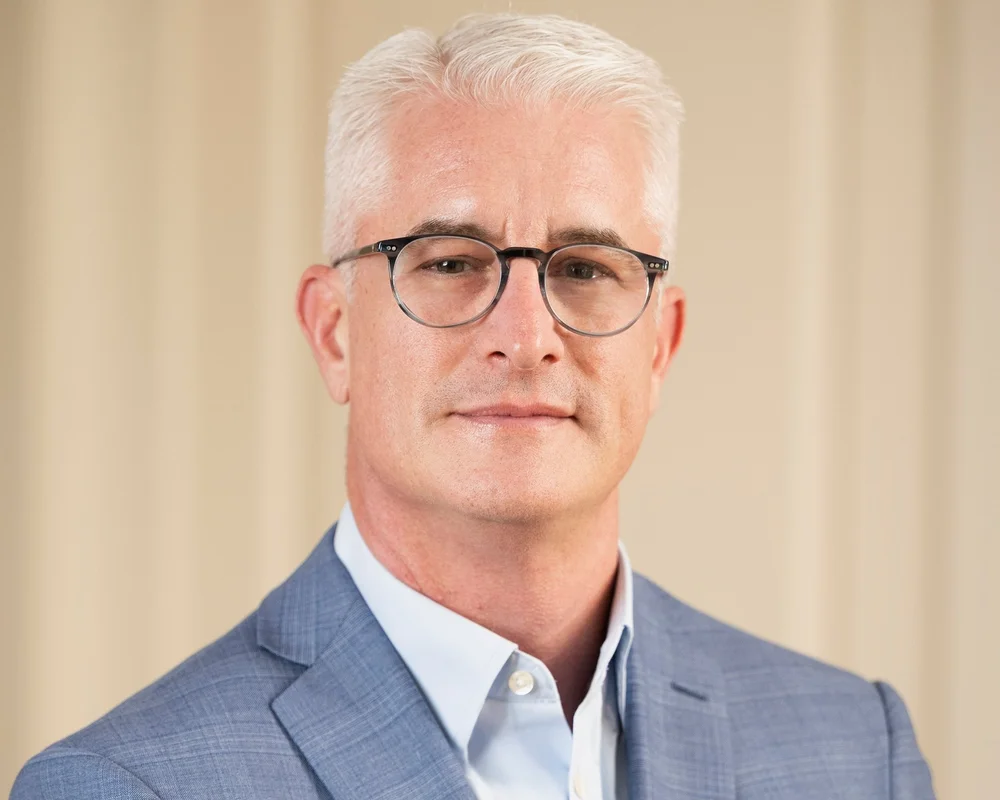Corning (NYSE:GLW, news, filings) continues to ‘bend’ the rules of physics, making fiber that is easier to use. We already had ClearCurve, bend tolerant singlemode fiber, which makes it easier to string fiber within buildings such as apartment buildings etc, and now the company is adding a multimode version to the ClearCurve family. This new multimode version of ClearCurve promises to help out in the data center, replacing copper. Many people have a misconception of the data center as filled with fiber and only fiber, but actually there’s an awful lot of copper in there. Why? Because it does the job over short distances and doesn’t care much how many corners it turns or how tight. In a large data center it is hard enough just organizing all the connections, making sure every single cable stays unkinked just isn’t feasible. This new ClearCurve multimode fiber may shift that balance.
One might have thought that Corning would use the same nanostructure technology to produce the multimode version as they did with the singlemode stuff, but apparently it wasn’t that easy and they used an undisclosed dopant instead. The new fiber will be unveiled next week at the Winter BICSI Conference in Orlando.
If you haven't already, please take our Reader Survey! Just 3 questions to help us better understand who is reading Telecom Ramblings so we can serve you better!
Categories: Datacenter · Fiber optic cable · Telecom Equipment






Quick question:
Why would replacing fiber by an important objective to a data center manager? It’s probably going to cost a ton and the copper wire has already been purchased.
Is it only useful for new builds, in which case it will be a while because of the backup in access to new capital?
Good question. I doubt there will be any major move to rip out copper and replace with fiber, after all copper does the job and is in place. You are probably right that new builds are the likely place we will see this MMF. On the other hand, there are plenty of new builds still going on and there is demand for even more. Maybe inside those converted shipping containers of Google might be another place? Not sure.